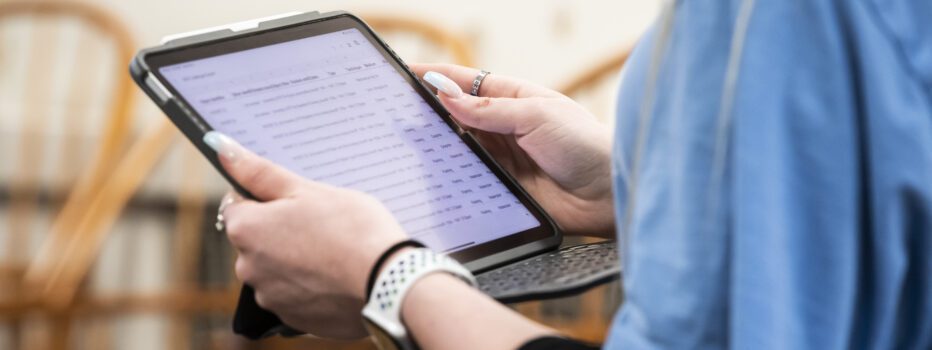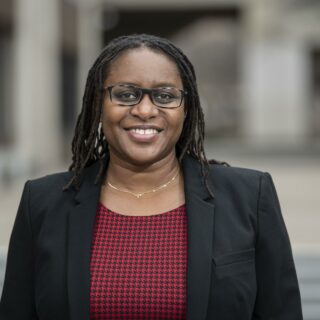Digital media and technology are integral to all aspects of our lives.
We use them to communicate, create, design, collaborate, teach, learn, and assess within various educational contexts. Our Critical Technology and Digital Media for Learning (CriT-DML) Certificate program explores equitable design, digital literacies and agency, and critical thinking in applications of technology and digital media for learning.
This graduate-level certificate program is designed for any educator, instructional designer, administrator, or school technology director who wishes to broaden their understanding of and experience with digital media applications and technology for learning. In order to intentionally work toward equity, justice, liberation, and freedom, students will learn how to design learning experiences that center and support people and human processes.





